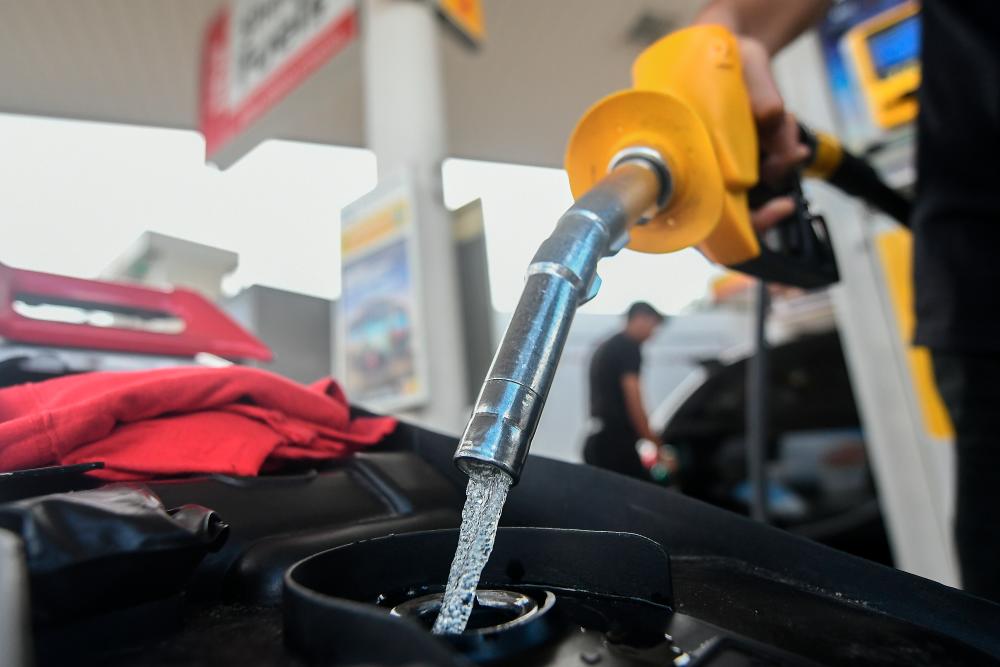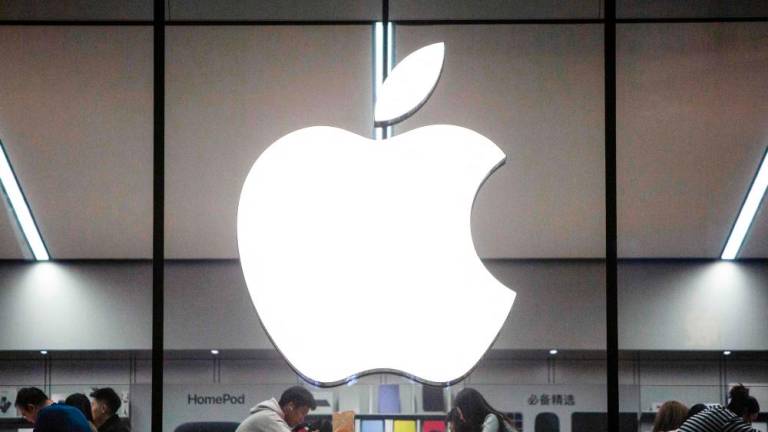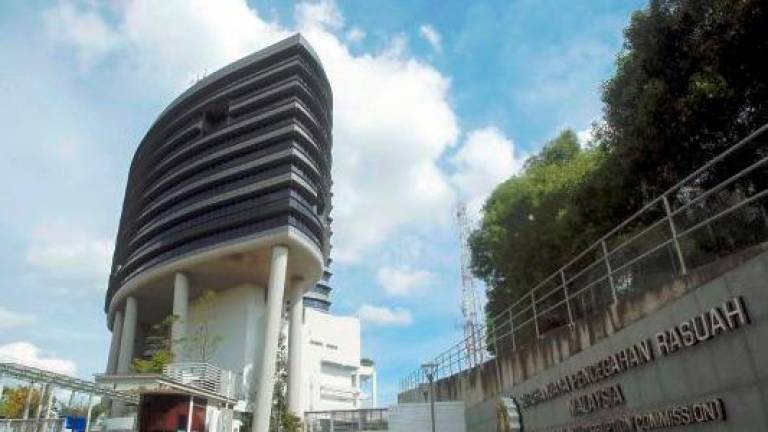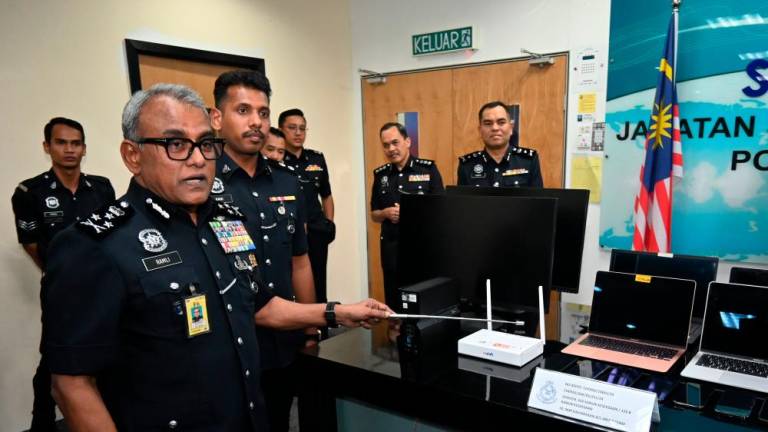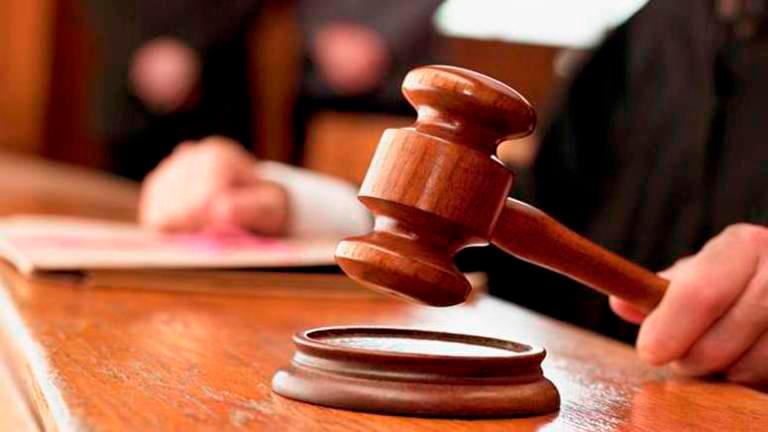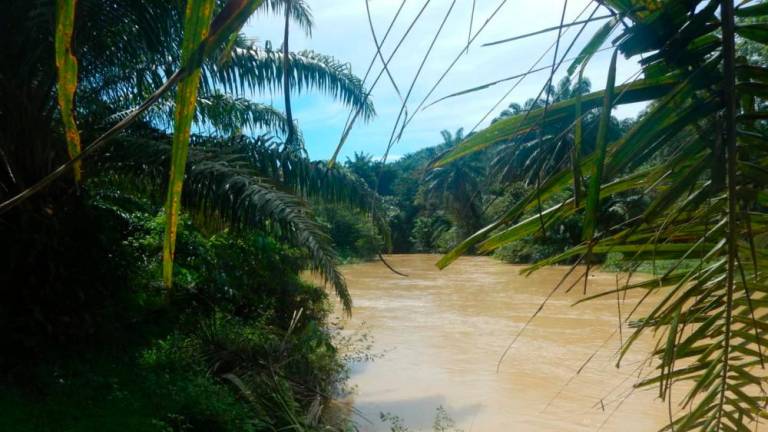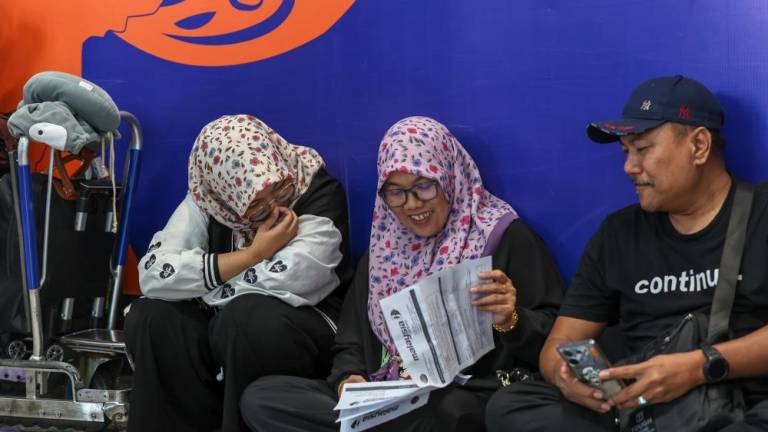KUALA LUMPUR: Experts have lauded the government’s decision to extend the Targeted Fuel Subsidy Programme (PSP) to Malaysians in the middle-income bracket (M40), saying that the move will not only enhance their purchasing power but also help to boost economic growth.
Senior lecturer at Universiti Utara Malaysia’s Centre for Economic, Finance and Banking Studies Muhammad Ridhuan Bos Abdullah said the M40 group can use the savings from their petrol subsidy for other productive purposes.
“They comprise 40 percent of the 14 million workforce (in the country) and constitute a bulk of the nation’s taxpayers. Not only that, together they contribute to almost 70 percent of the nation’s Gross Domestic Product,“ he told Bernama.
However, being caught in the middle-income trap between the low-income earners (B40) and high-income group (T20), their spending power is limited and this is why they need the government’s assistance to help them cope with the rising cost of living, he added.
Savings of up to 60%
Initially, PSP, which will be implemented in Peninsular Malaysia on Jan 1, was only meant for some 2.9 million people in the B40 group who receive the Cost of Living Allowance or Bantuan Sara Hidup (BSH).
On Oct 11, Finance Minister Lim Guan Eng announced during the tabling of Budget 2020 that PSP — which was among the pledges outlined in Pakatan Harapan’s 14th General Election manifesto — would apply to two categories of Malaysians.
The first category comprises B40 BSH recipients who will receive a RON95 petrol subsidy of RM30 a month for cars and RM12 for motorcycles. The money will be credited into their bank accounts once every four months.
The second category comprises about five million M40 Malaysians whose monthly household income is less than RM4,000 who, according to Lim, will receive a special card called K95 that will entitle them to a RON95 petrol subsidy of 30 sen per litre, limited to 100 litres a month for cars and 40 litres a month for motorcycles.
Cars eligible for the petrol subsidy must have an engine capacity of 1,600 cc and below; cars with engine capacity of above 1,600 cc have to be more than 10 years old. As for motorcycles, they must have an engine capacity of 150 cc or below; bikes with engines of above 150 cc must be more than seven years old.
Estimating that the M40 group spends about RM400 to RM500 a month on petrol, Muhammad Ridhuan said the petrol subsidy would enable them to make monthly savings of about 40 to 60 percent.
“They can use the money saved for other expenses,“ he said, adding that M40 households usually used their vehicles for productive purposes, such as commuting to work or for activities that contribute to the growth of other sectors like tourism and services.
Other countries, he added, also have specific policies to take care of the well-being of their citizens, with nations such as China, India, Indonesia and Thailand being among the highest providers of household subsidies.
Prevent abuse of power
Federation of Malaysian Consumer Associations (FOMCA) advisor Datuk Prof Mohd Hamdan Adnan said one of the main issues the B40 and M40 groups have to grapple with is the cost of fuel. This is because when fuel prices rise, it will have a spillover effect on the prices of goods and services.
“When prices go up, it will have an implication on the economy of people who don’t earn much. At least efforts like this (petrol subsidy programme) will benefit the needy groups.
“However, it is crucial for the government to monitor the programme closely to prevent abuse of power by certain quarters in the distribution of the subsidy,“ he said.
On reports that about 45,000 people out of the 2.9 million BSH recipients do not possess bank accounts for the petrol subsidy to be banked in, Hamdan said the government should devise a proper mechanism to ensure that the subsidy is transmitted to the targeted groups.
Meanwhile, with regard to Kad95 that was mentioned during the presentation of Budget 2020, some parties are of the opinion that the payment system for the petrol subsidy should be standardised for both the B40 and M40 groups to ensure that the aid reaches the targeted groups.
Kad95 is expected to be implemented in stages in the first quarter of 2020.
Petrol Dealers Association of Malaysia president Datuk Khairul Annuar Abdul Aziz said in the event K95 is implemented, he hoped that it can be integrated into the existing payment terminals at petrol stations to avoid any inconvenience.
“I’m afraid it may affect our operations if it (Kad95) is not integrated into our system. What if the subsidy recipients have to wait in long queues... it will cause congestion and make our customers angry,“ he said.
He added that if the Kad95 system is not integrated, it may make room for manipulation and lead to subsidised RON95 petrol being sold to ineligible parties due to human error.
“Certain syndicates can seize the opportunity to buy RON95 petrol at subsidised prices, causing losses for the (petrol station) operators,“ he said, adding that the government can consider making use of existing cards like Mesra, Treats, Bonuslink and even the identity card to facilitate the distribution of the fuel subsidy to the targeted groups.
Disrupt operations
Khairul Annuar also hoped that Kad95 would not have an impact on the working capital of petrol station operators because if it did, their business operations may be disrupted.
“Currently, our margin is about 11 to 14 sen after deductions by the oil company. If we are required to bear the 30 sen subsidy first before the government repays us, it will mean that for every litre we sell, we will incur a loss of 16 to 19 sen.
“We will then run out of working capital and may be forced to stop our operations or increase our credit facility which will raise our capital costs,“ he said.
The government, meanwhile, has stated that following the implementation of PSP on Jan 1, the retail price of RON95 will be floated gradually so that it will not have a material impact on the prices of essential goods.
Commenting on this, Khairul Annuar suggested that the price changes take place every three months or at the most once a month to ensure efficient and uninterrupted supply of fuel to stations and to avoid losses due to frequent price change.
“Every price hike would lead to inflation. After the retail price of RON95 was floated (by the Barisan Nasional government in 2014), price hikes occurred 28 times over 51 weeks. There were only 10 price hikes within 27 months (108 weeks) for RON95 when price changes took place once a month,“ he added.
(When PH came into power, it capped the price of RON95 at RM2.20 per litre and reduced it further to RM2.08. The price of RON97 petrol is determined by a weekly floating mechanism.) -Bernama



